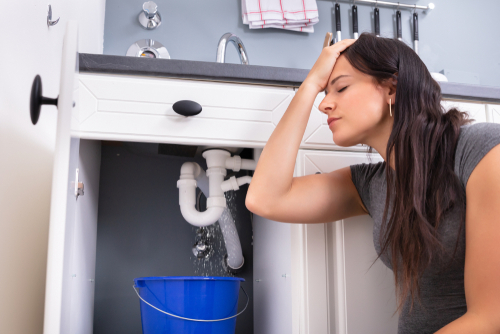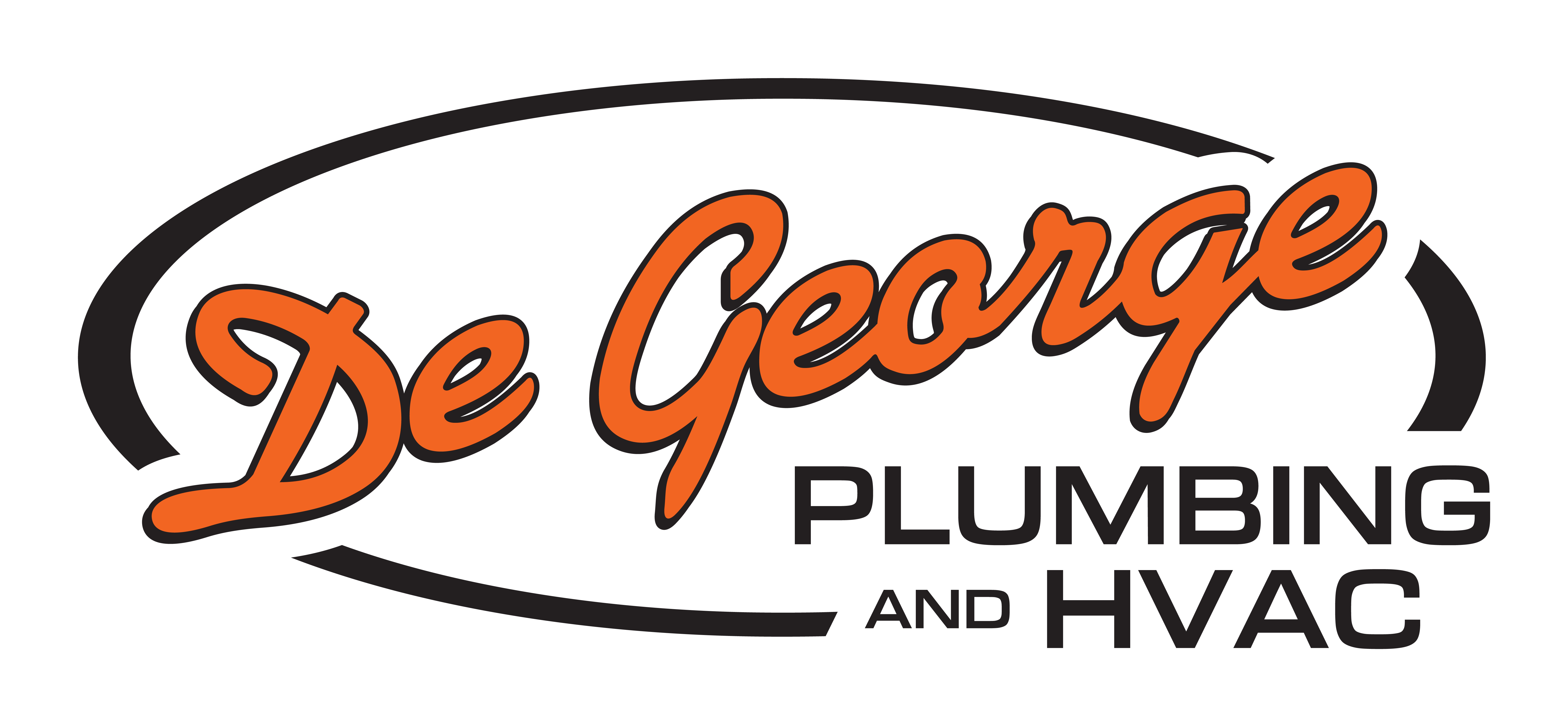Common Plumbing Emergencies & How You Can Avoid Them

Plumbing emergencies are a nightmare for homeowners and businesses alike. From burst pipes to overflowing toilets, these unexpected situations can cause significant damage and disruption if not addressed promptly. Understanding the common plumbing emergencies and how to prevent them can help you avoid costly repairs and inconveniences. In this blog, we will discuss some of the most common plumbing emergencies and provide tips on how you can prevent them from happening in the first place.
1. Burst Pipes
Burst pipes are one of the most common plumbing emergencies that homeowners and businesses face. They can be caused by freezing temperatures, corrosion, high water pressure, or structural issues. A burst pipe can result in extensive water damage and flooding, leading to costly repairs and restoration work. To prevent burst pipes, make sure to insulate exposed pipes in cold weather, maintain consistent water pressure, and address any signs of corrosion or leaks promptly. Regularly inspecting your plumbing system for any vulnerabilities can help you catch potential issues before they escalate into a major emergency.
2. Clogged Drains
Clogged drains are another common plumbing problem that can cause backups, slow drainage, and foul odors. They are often caused by a buildup of hair, grease, soap scum, food scraps, or foreign objects in the pipes. To prevent clogged drains, avoid pouring grease down the sink, use drain guards to catch debris, and refrain from flushing non-flushable items down the toilet. Regularly cleaning your drains with natural remedies or commercial cleaners can help maintain proper flow and prevent blockages. If you encounter persistent clogs, it is advisable to seek professional plumbing services to address the underlying issues effectively.
3. Running Toilets
A running toilet is a common plumbing issue that can waste gallons of water and drive up your utility bills. It is usually caused by a faulty flapper valve, worn-out tank components, or a water pressure imbalance. To prevent a running toilet, inspect the internal components of your toilet regularly for wear and tear, leaks, or malfunctions. Replace any faulty parts promptly to restore proper function and water efficiency. Additionally, adjusting the water level in the tank and ensuring that the flapper valve seals properly can help prevent water wastage and unnecessary expenses.
4. Water Heater Malfunctions
Water heater malfunctions can disrupt your daily routine and leave you without hot water for bathing, cleaning, and cooking. Common water heater problems include leaks, no hot water, inadequate heating, or unusual noises. To avoid water heater emergencies, flush your tank annually to remove sediment buildup, check for leaks or rust on the unit, and monitor the temperature and pressure settings regularly. Maintaining your water heater according to the manufacturer’s recommendations and scheduling professional inspections and maintenance can extend its lifespan and prevent breakdowns.
5. Leaking Fixtures
Leaking fixtures, such as faucets, showers, and toilets, are not only annoying but can also waste water and increase your utility bills. Leaks are often caused by worn-out seals, gaskets, or connections, as well as high water pressure or incorrect installation. To prevent leaks, repair or replace faulty fixtures promptly, use plumbers tape to seal connections, and monitor water usage for any sudden spikes. Regularly inspecting your fixtures for leaks and addressing minor issues early on can prevent larger problems and the need for emergency repairs.
6. Sewer Line Backups
Sewer line backups are a serious plumbing emergency that can result in foul odors, wastewater backups, and health hazards. They are commonly caused by tree root intrusion, grease buildup, clogs, or structural damage to the pipes. To prevent sewer line backups, avoid flushing non-biodegradable items down the toilet, dispose of grease and oil properly, and schedule regular sewer line inspections and cleanings. Installing a backwater valve or sewer line camera inspection can help detect potential issues and prevent backups before they escalate into a major emergency.
Summary
Common plumbing emergencies such as burst pipes, clogged drains, running toilets, water heater malfunctions, leaking fixtures, and sewer line backups can disrupt your daily life and cause significant damage if not addressed promptly. By understanding the causes of these emergencies and taking preventive measures, you can avoid costly repairs, water wastage, and inconvenience. Regular maintenance, inspections, and prompt repairs are key to preventing plumbing emergencies and ensuring the proper functioning of your plumbing system. If you encounter a plumbing emergency, it is advisable to contact a licensed plumber for professional assistance and timely resolution. With proactive maintenance and preventive measures, you can safeguard your property against plumbing disasters and enjoy a hassle-free plumbing system for years to come.
Need a Plumbing Contractor in Phoenix, AZ?
If you are looking for plumbing services in Phoenix we have got you covered! No matter if you need a small project like a leaking sink or extensive water extraction, we have the team to take care of your problem. We believe that when it comes to customer service, we treat each customer like family by ensuring that every expectation is met. You can always count on transparent communication from us because it is something that we focus on providing for each of our customers. When you sign on with us, we understand how important it is to stay on budget which is why we do our best to ensure there are no surprises, so you can rest easy that you got the best deal for your wallet. If you have plumbing needs, call us today to get the job done!
